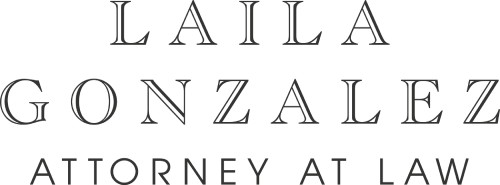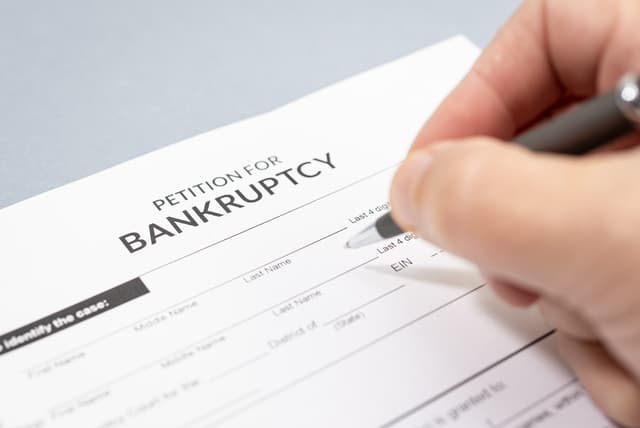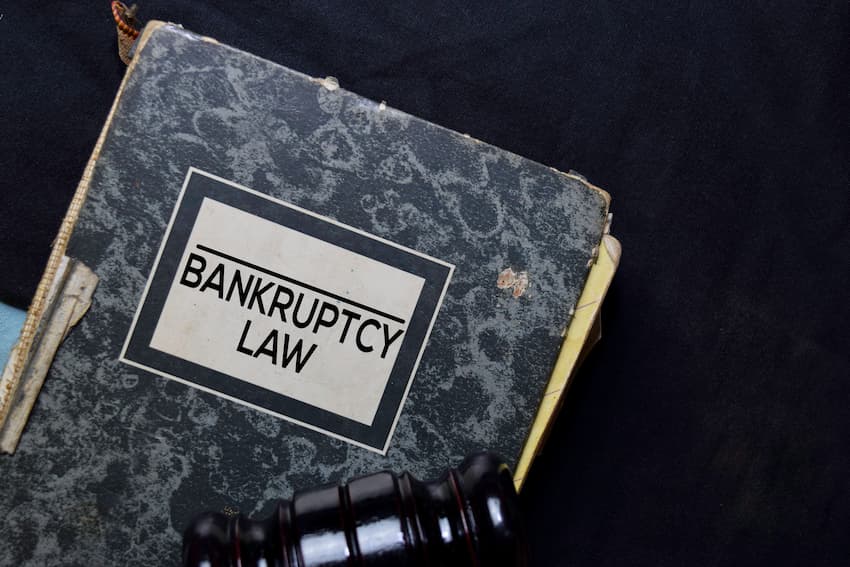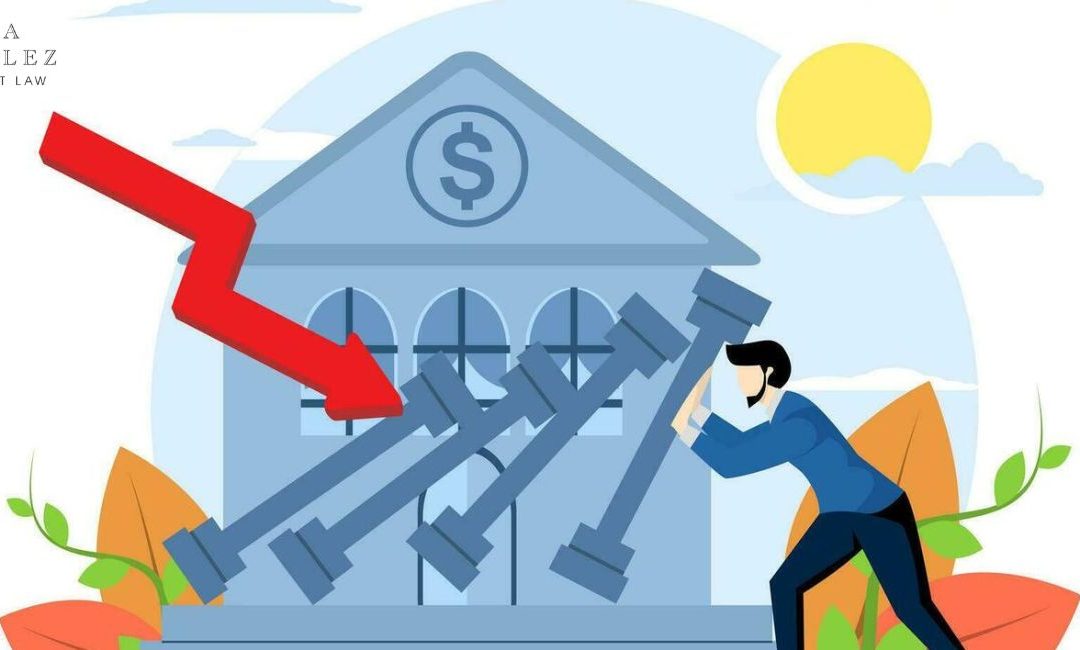Small Business Bankruptcy Options and Considerations for Owners
Being a small business owner isn’t easy. Between raising funds and managing staff, so many different elements factor into running a successful operation. Unfortunately, even the most profitable companies can occasionally face hard times. In some cases, this can lead to bankruptcy. If your small business is facing monetary difficulties and you’re considering filing for bankruptcy, we are here to help you. Therefore, without further ado, let’s get into small business bankruptcy: options and considerations for owners.
What Is Small Business Bankruptcy?
Small business bankruptcy is a legal process designed to help businesses no longer viable restructure or eliminate their debts. Business owners can protect themselves from creditors and reorganize their debt obligations through this process. This process aims to allow the owners to keep their business operations while providing them with stable financial footing for the future. That said, depending on the situation, small businesses have various bankruptcy options. That includes Chapters 7, 11, 12, and 13. These protections offer unique benefits depending on the circumstances. However, company owners must consider all available options when filing for bankruptcy. That is the only way to make the best decision for their situation.
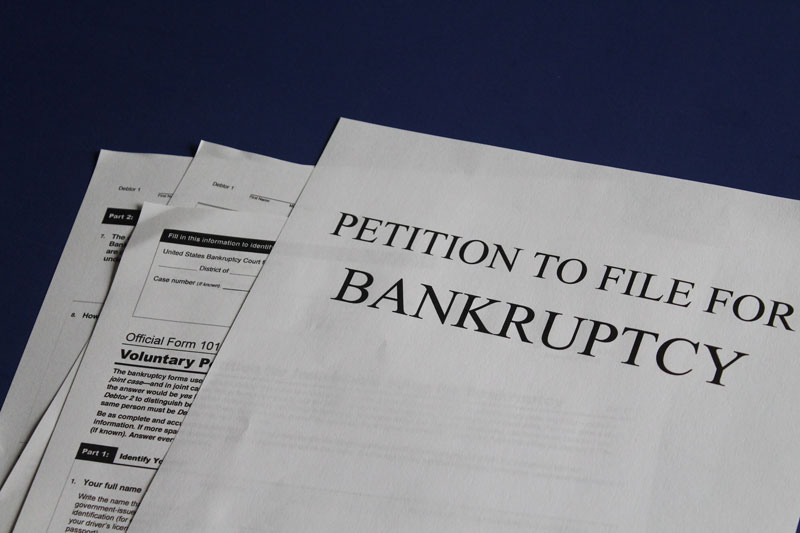
Bankruptcy Options for Small Businesses
As we’ve mentioned, before filing for bankruptcy, you must consider all potential options for managing your debt. However, if all else fails, bankruptcy could provide some breathing room and reduce the debt you owe. You should research all the bankruptcy options at your disposal. Furthermore, it is a good idea to consult with a lawyer. However, there are different types of bankruptcy lawyers, so you must look for small business lawyers. That said, it’s time to talk more in-depth about the two most common types of bankruptcies that small businesses file for.
Chapter 7 Bankruptcy Liquidation
This type of bankruptcy is an option for business owners looking to absolve their debts in exchange for dissolving their business. In this process, the court decides the value of all the owner’s assets, including business equipment and stock. Then it uses the proceeds from liquidating the said assets to repay creditors as much as possible. Additionally, business owners must provide the creditors with accurate financial records about the business. After the agreement is signed, the debt is discharged, and the company dissolves.
That said, while liquidation is still in the air, relocating your personal belongings out of the office may be a good idea. You can’t know when the liquidation will go through, but once it happens, you won’t have access to any of your things. One of the best options is to rent a storage unit. According to experts at Orange Mover, you’d best be served by a climate-controlled unit that will keep all of your possessions as they are.
Chapter 11 Bankruptcy Reorganization
This form of bankruptcy allows businesses to remain operating while they are undergoing the reorganization process. The vital benefit of this type of bankruptcy is that the debtors can plan a repayment strategy for creditors. That means setting up measures for reducing debt and a timeline for how business owners will make payments. However, this can complicate the process. Therefore, it’s a good idea to seek professional help. The professionals you should be looking for are mainly lawyers and financial advisers. These people know how to navigate the system and put together feasible plans for approval from the court and creditors. With proper planning, legal assistance, and support from all parties involved, Chapter 11 reorganization could offer small business owners a way to move forward after experiencing financial hardship.
What Owners Should Know Before Filing for Bankruptcy
Filing for bankruptcy can be a stressful experience for any business owner, regardless of size. That said, knowing what options are available and the potential implications of filing beforehand is essential. With that in mind, before initiating the process, businesses must understand their rights and the laws in their state. They also need to know how the filing decision will impact their particular type of business and what steps they must take to protect their assets.
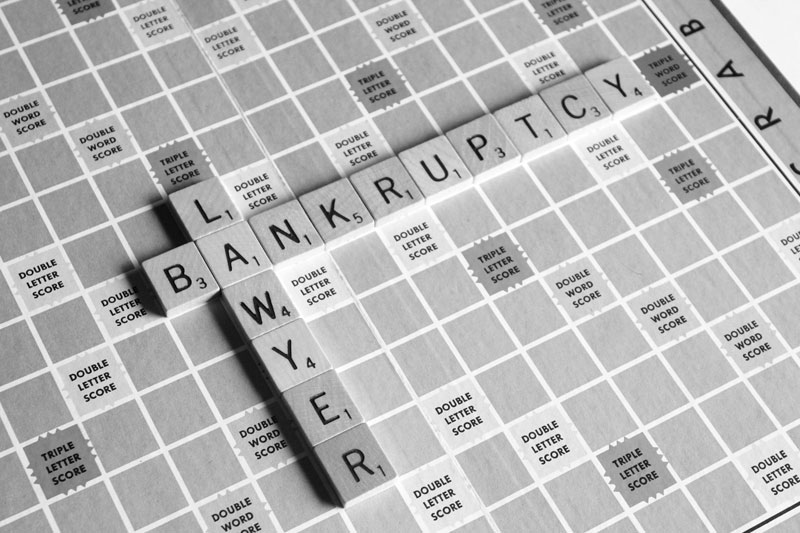
As we’ve mentioned, seeking legal advice from an attorney is necessary. Working with a lawyer is the only way to ensure you understand all the legalities and essential preparations you must make. Finally, you should try to have an organized plan in place. This plan should cover all of the payments you have to make and the steps of the reorganization process you are about to begin.
Tips for avoiding small business bankruptcy in the future
When running a small business, it’s important to consider strategies that can help you avoid bankruptcy in the future. First, maintain a positive cash flow and plan for unexpected expenses or emergencies. Second, you should create a comprehensive business budget that divides your funds between operations costs and savings. It’s also helpful to keep up with industry trends and strive to innovate to advance your company in the market. These steps allow you to maintain financial stability even during difficult times, thus avoiding bankruptcy. Finally, having a team of experts such as accountants or lawyers can be highly beneficial. As discussed earlier, these experts can provide insight into financial options and may suggest methods to save your business from insolvency.

Conclusion
Although filing for small business bankruptcy is never easy, proper preparation, knowledge, and organization can relieve a struggling business. Knowing the different types of options and what they offer is critical. It’s also essential to have all the necessary documents before beginning. Additionally, finding the correct legal representation and credit counseling is also crucial. However, if your financial management plan is sound, you can avoid these issues altogether.
The Law Firm of Freire & Gonzalez, P.A., is ready to guide you through bankruptcy and help you regain control of your finances and your life. If you have any questions, please contact us at 305-826-1774 and our locations:
Bankruptcy Lawyers Fort Myers, FL
